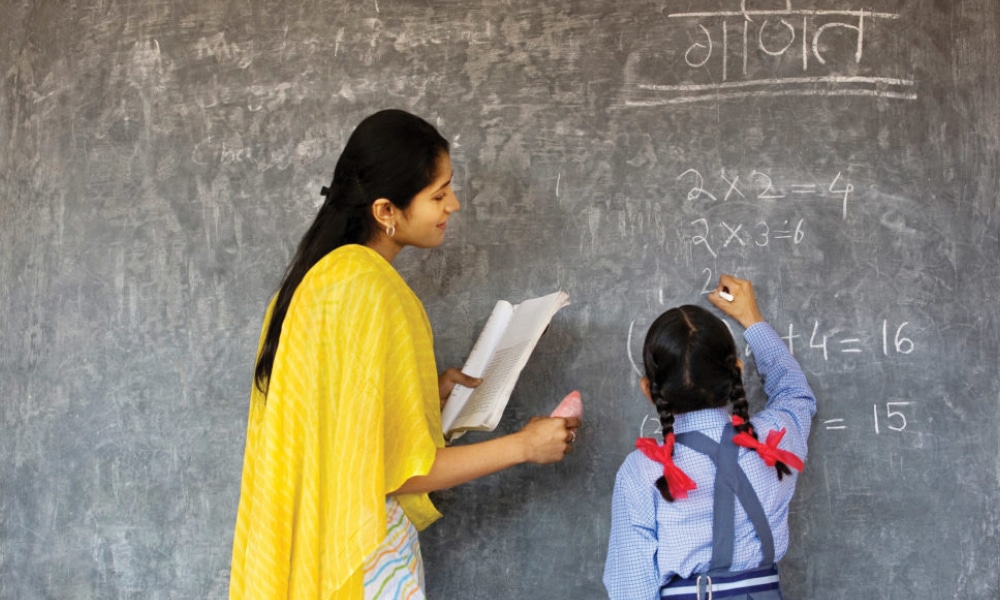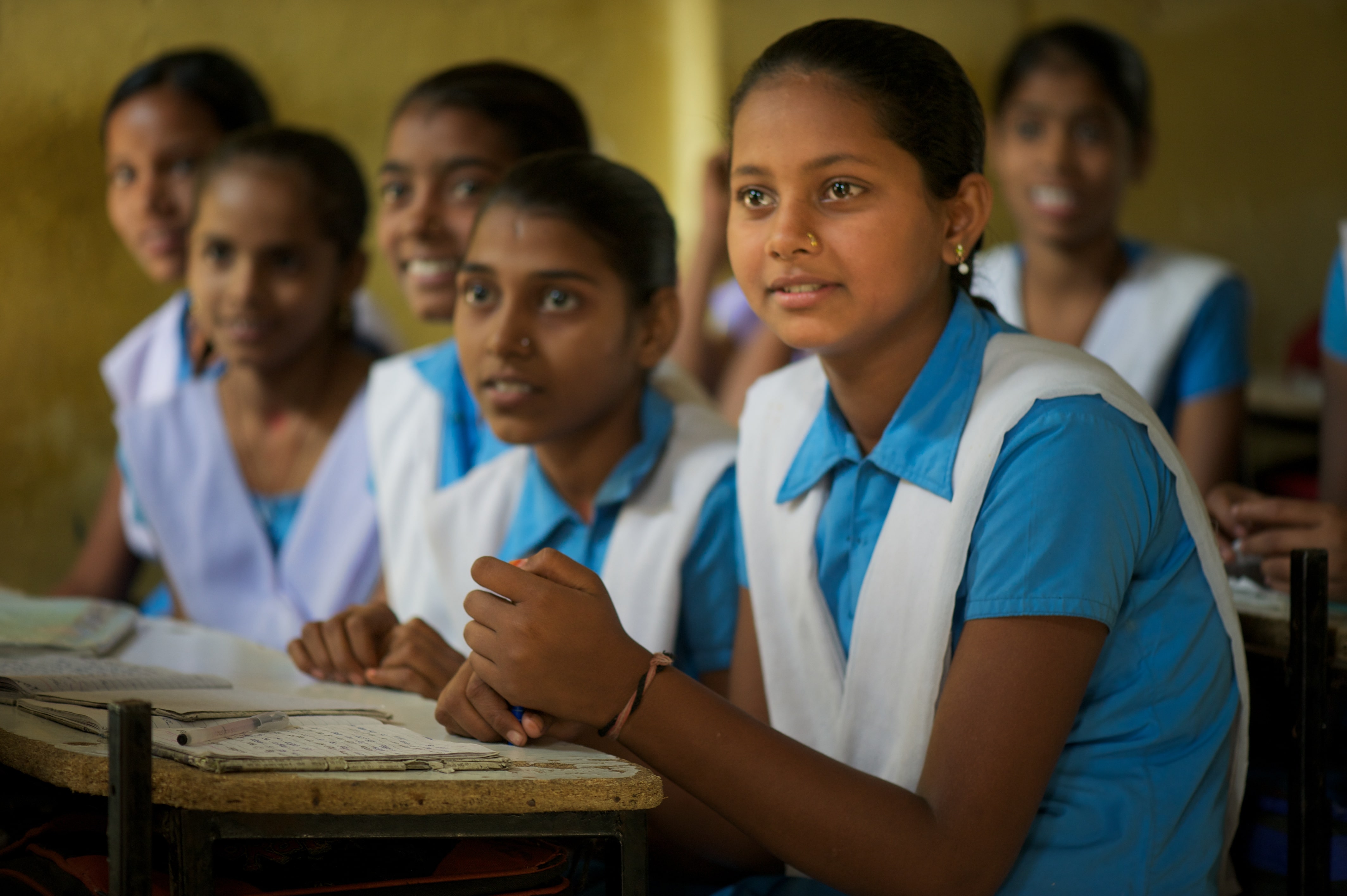
 The alleged rape of a three-year-old girl by an attendant on their school campus in north Bengaluru late last month has had widespread ramifications. The assault set off a flurry of events, one of which was the revelation that the international school was not even legal.
The alleged rape of a three-year-old girl by an attendant on their school campus in north Bengaluru late last month has had widespread ramifications. The assault set off a flurry of events, one of which was the revelation that the international school was not even legal.
The school has reopened but students and parents are quite worried. They don’t know if the school will continue to operate in its present form. They don’t know where to go as the transfer certificates it issues would be just a piece of paper. Besides, the school hasn’t even obtained the promised CBSE affiliation.
The school has been accused of committing violations under the Karnataka Education Act. It took permission to offer classes 1 to 5 in Kannada medium, but actually taught in the English medium from nursery to class 7.
This school is, in fact, one of the thousands of institutions that could find themselves on a list of illegal schools now being drawn up by the department of public instruction. The exercise could leave thousands of students nowhere to go. Parents of these children are asking why this exercise is being undertaken now though the education department has been party to all the violations.
Experts trace the problem to the state government’s language policy introduced in 1994. The policy mandated imparting education in the mother tongue, Kannada in most cases. But, the state knew fully well that people wanted their kids to be educated in the English medium. Lacking the political will to take on the pro-Kannada lobby, the government turned a blind eye to violations of the language policy.
After the policy was introduced, around 6,000 schools have been granted permission to open by offering education in the Kannada medium. But most offer English-medium education and everyone concerned — the political class, officialdom and managements — let this violation thrive.
Private school managements have gone to court and the case has been one long litany of petitions, counter-petitions, appeals and counter-appeals. Niranjanaradhya VP, fellow, Centre for Child and the Law, NLSIU, said when the matter was in the court, the education department allowed many schools to run in English medium illegally. The department didn’t monitor the schools and this is now affecting parents and children, he added.
Most schools got around the language clause by getting CBSE and ICSE affiliations. But these affiliations come into the picture only when the school begins running class X. Also, the state government’s No-Objection Certificate is mandatory. Here too, the officials and management colluded. They began functioning by taking permission for Kannada medium but in practice were English-medium schools.
On July 2, 2008, Karnataka High Court struck down the language policy and held that parents were free to choose the medium of instruction for their children. The matter went to the Supreme Court where a constitutional bench ruled on May 6, 2014 that parents could choose the language of education for their wards.
Parents and schools thought the judgment would be the last word. But the state government, till date, has not invited applications from schools for running English-medium classes.
The Karnataka Unaided Schools Management’s Association (Kusma) urged the department of primary and secondary education to register its over 1,000 members as English-medium schools but the state government is not acting on it.
KV Dhananjay, legal adviser, Kusma, said he had filed a petition and the SC has clearly directed in 2009 that the government shall not pass any closure orders against unrecognised schools and this ruling alone will be enough protection for English-medium schools registered as Kannada-medium schools.
There are around 1,200 schools under the umbrella of the Karnataka State Private School Management Association (KSPSMA) and most are registered as Kannada medium schools. D Shashi Kumar, organizing secretary, KSPSMA, said the government cannot declare these schools as unauthorized as they have violated only one clause. Even after the SC judgment, the government has not shown any interest to resolve this issue and this only amounts to contempt of court, he alleged.
On September 15, KSPSMA requested the government to consider all existing schools as English-medium schools. Shashi Kumar said, “If the government doesn’t do anything, we’ll be forced to file a contempt of court case.”
The government’s reluctance to implement the judgment is worrying for the thousands of parents. In the north Bengaluru school, officials talk of not allowing the school from running classes 6 and 7.
The department of public instruction has now begun posting on its website a list of legal schools. Parents of students of schools not in this list will face more uncertainty, thanks to the paralysis afflicting decision-making levels of the government.
Based on the Supreme Court judgment, the government will take a decision on the language policy within two months. The education minister will hold a meeting on this policy with education department officials on November 13.






















